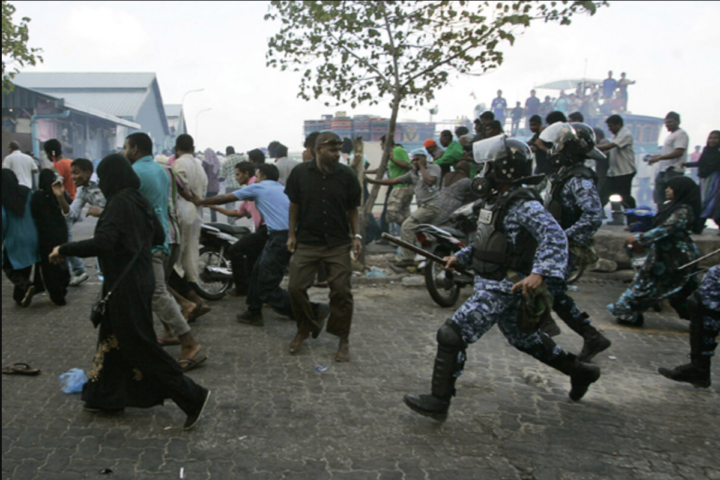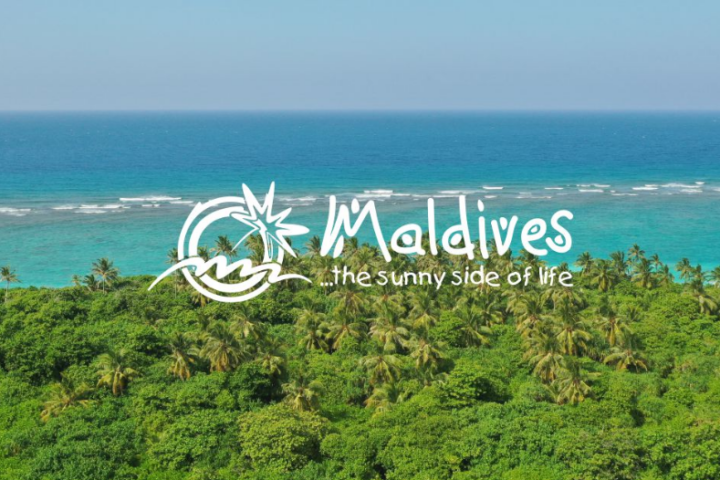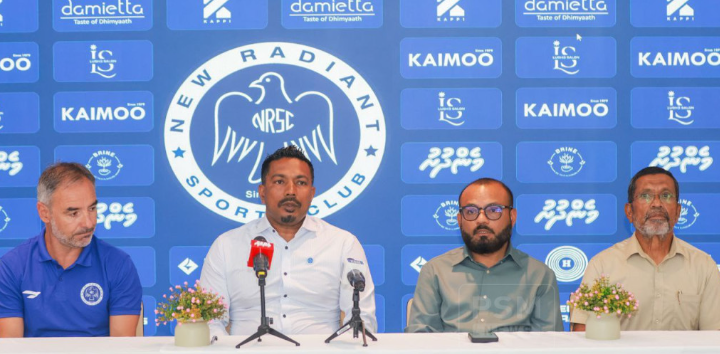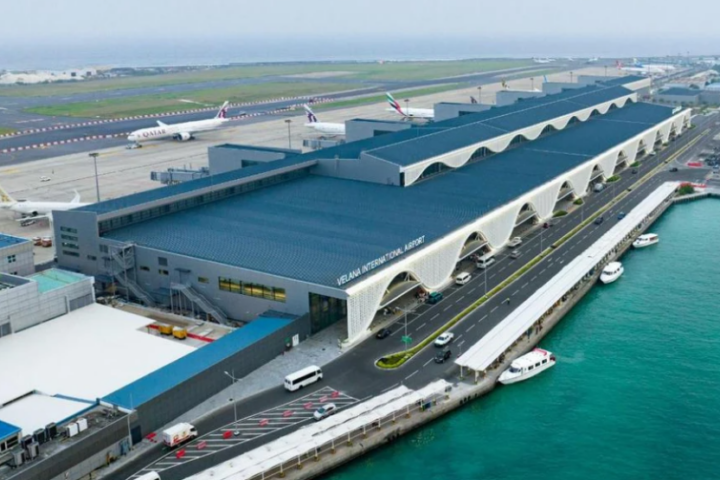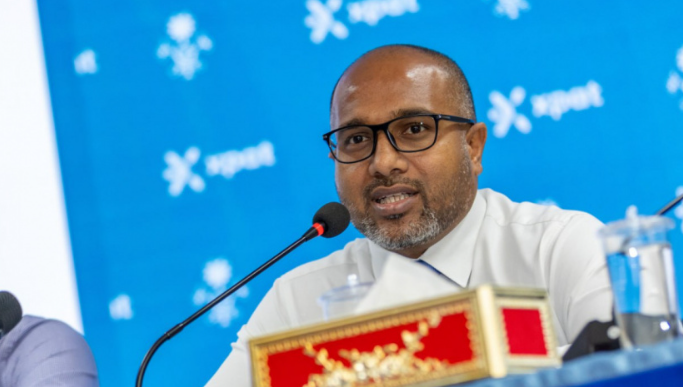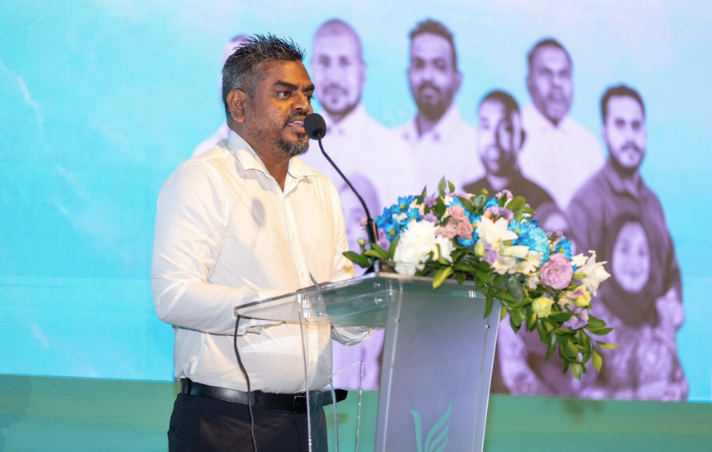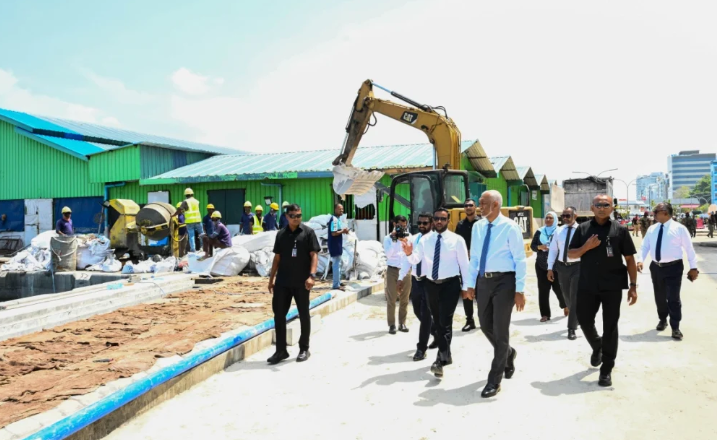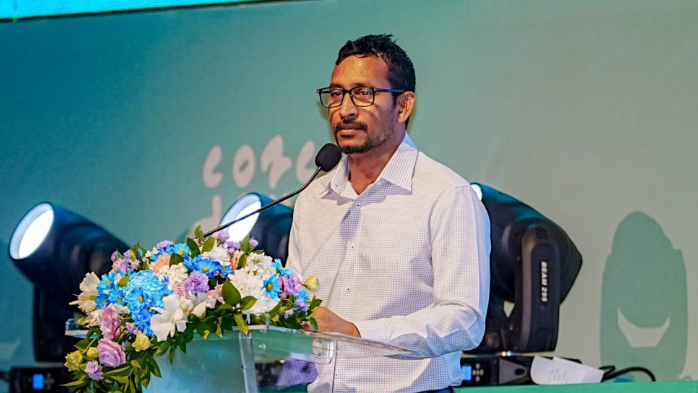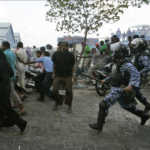MALE’, Maldives — The Ministry tasked with overseeing the nation’s information ecosystem has a curious mandate. On its English-language website, the mandate section reads like a bureaucratic shrug:
“Mandate
The current mandate of the Ministry as set by the Presidents Office.”
And then it stops. No mandate, no detail, no explanation.
Switch to the Dhivehi-language page, however, and suddenly the picture changes: 25 items carefully listed, with numbers 22 through 25 reserved for responsibilities toward the media. Here, “media” is spelled as it should be—singular collective, no awkward plurals.
But when the Minister, a former journalist himself, takes the podium, the word transforms. “Medias,” he declares, again and again, as though the press were not a single fourth pillar of democracy but a teetering scaffolding of many (and since the new media bill is about to be passed by the Majlis—potentially with retrospective effect—I will be cautious here not to name the Minister directly, in the peculiar Maldivian spirit of avoiding defamation).
It would be comic if it weren’t also political.
The Maldives is in the middle of a fierce debate about who controls the press and how. Critics accuse the government of tightening its grip on media, restricting access for independent outlets, and wielding state resources to drown out dissent. Supporters of the administration insist that regulation is not censorship but responsibility, that in a noisy democracy, someone must bring order.
Caught in the middle are the journalists themselves—some still invoking “the media,” others perhaps resigned to being lumped together as “medias.”
In formal English, “media” is already confusing. Technically plural (“the media are reporting”), it has long behaved as a singular (“the media is under attack”). Out of this tension comes the Maldivian twist: “medias,” a word at once clumsy and strangely apt.
Linguists call it hypercorrection. Governments call it semantics. Journalists, especially those on the receiving end of pressure, might call it something else entirely.
The Maldives is not alone in bending English to local use. In French, les médias is standard. In Spanish, los medios reigns. In West Africa, “medias” slips easily into English-language outlets. Even in India, it surfaces in casual speech.
But in the Maldives, the word carries a special sting. It lands in the middle of a live argument about the role of independent journalism in a country where state narratives loom large and dissenting voices are often painted as unpatriotic.
The Ministry’s English website still carries its skeletal line about a mandate “set by the Presidents Office.” No elaboration. No context. No clear explanation of how that authority interacts with freedom of the press.
In Dhivehi, the obligations are laid out. In English, they vanish.
Perhaps it is fitting. In a debate where words are being stretched, pluralised, and reshaped to suit political needs, the empty mandate may be the most honest reflection of all.
And then there is the Minister himself—once a media man, now the self-styled guardian of the “medias.” He invokes the word as if multiplying syllables could multiply freedoms, as though democracy might be fortified by simply adding an s. A linguistic flourish that manages to sound both authoritative and insecure, a slip of grammar elevated to a policy stance.
Because in today’s Maldives, the question is not whether “media” should be pluralised. The question is who gets to decide what the media—sorry, the medias—are allowed to say.

